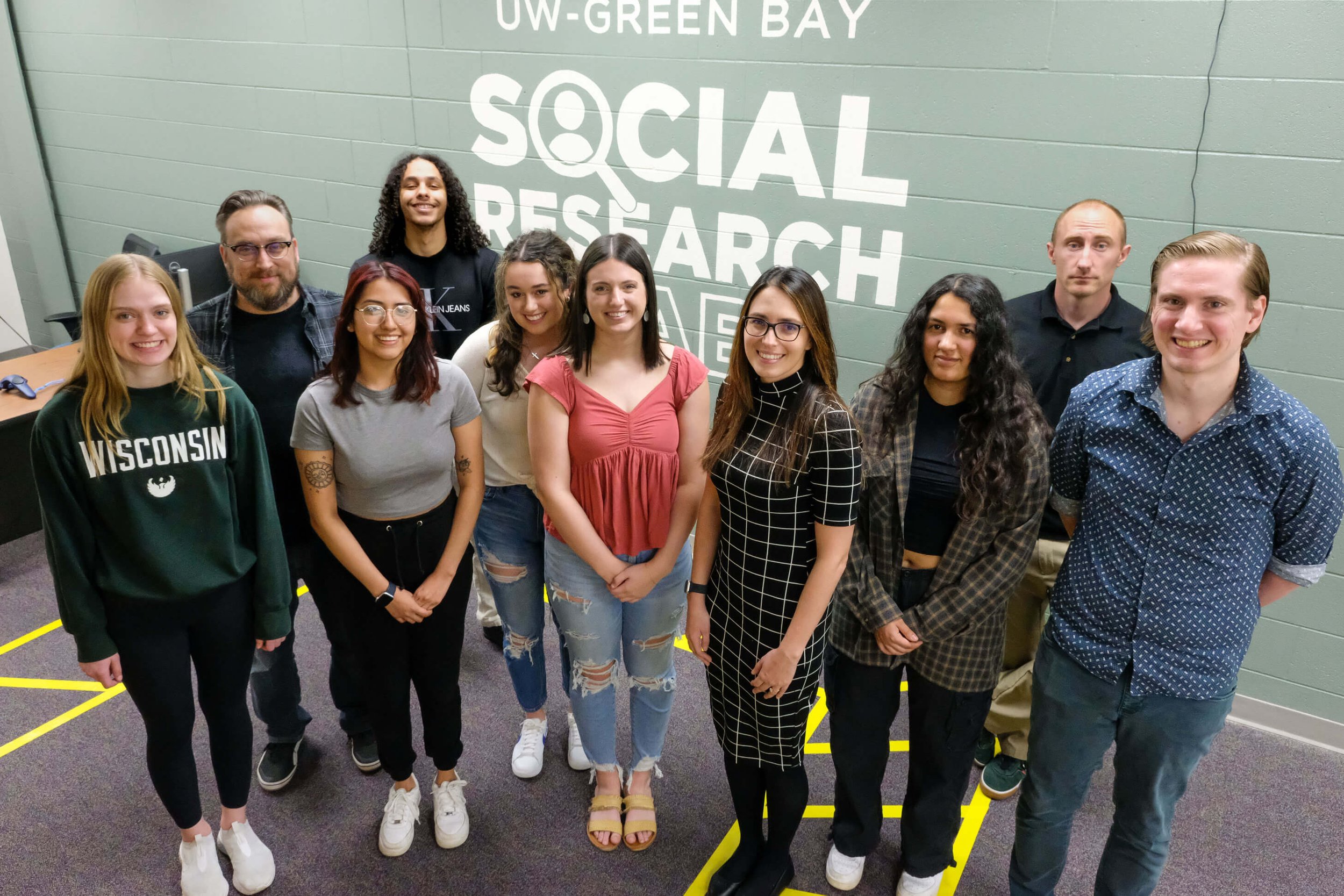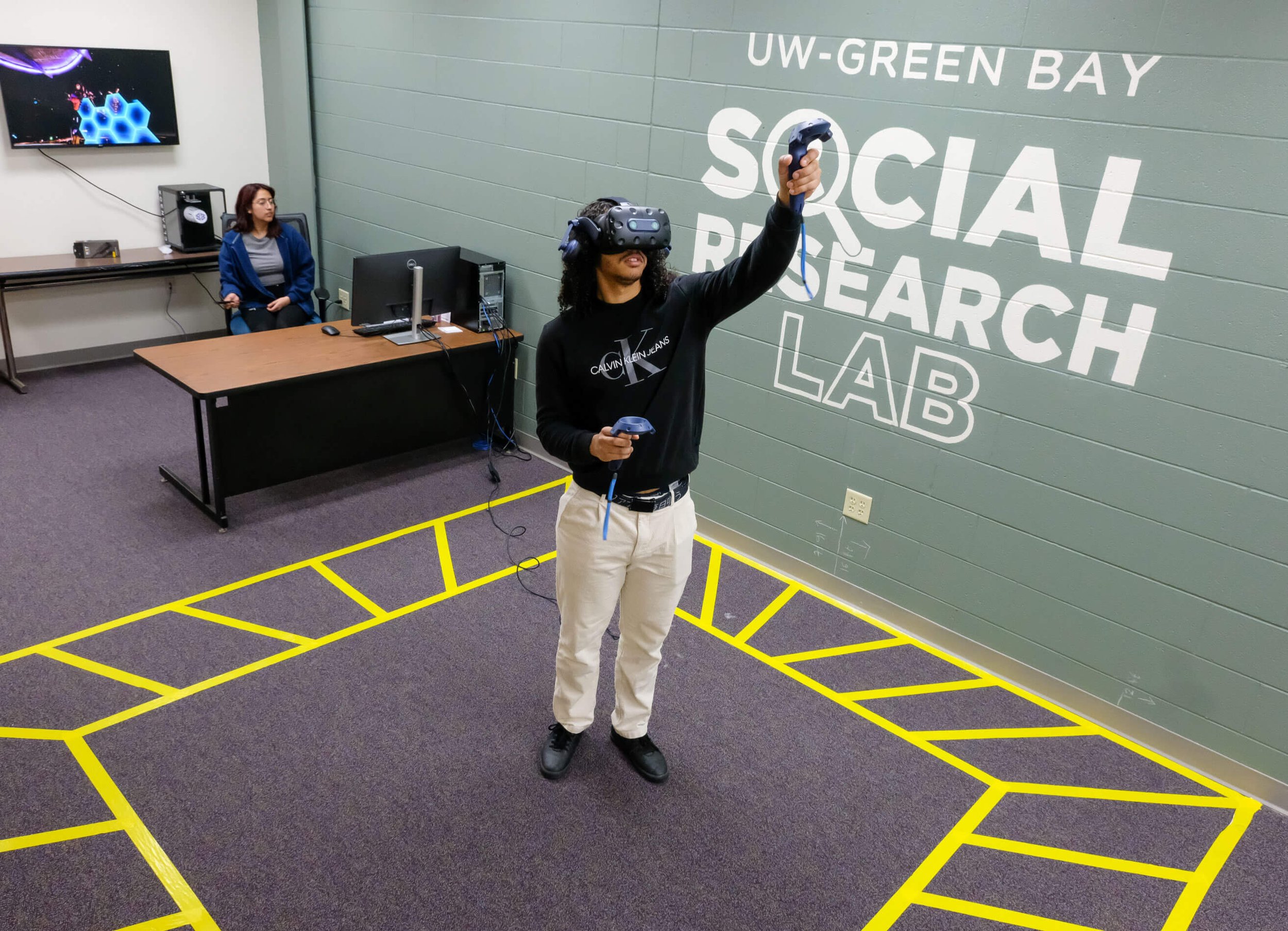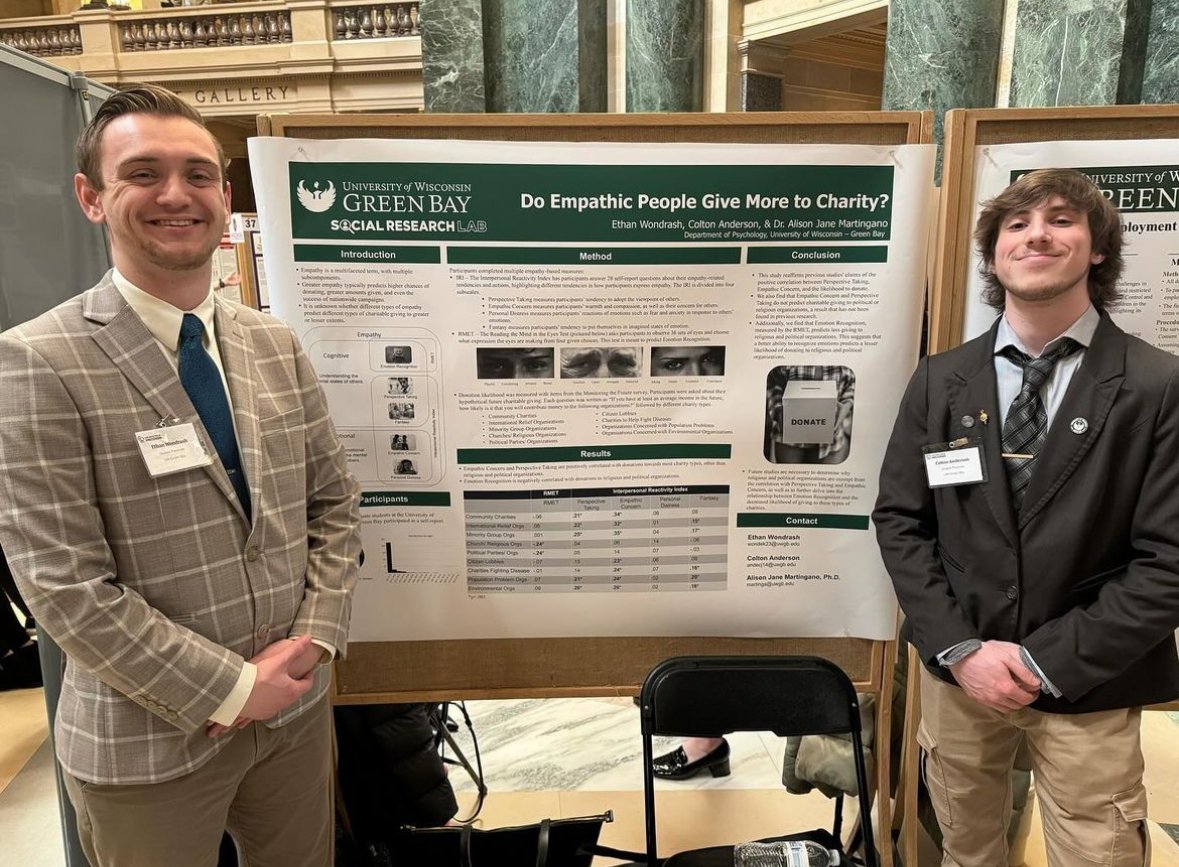
Alison Jane Martingano, Ph.D.
Social Psychologist
Alison Jane Martingano is a social psychologist who directs the Social Research Lab at the University of Wisconsin Green Bay.
Her research focuses on understanding the nature of empathy and designing interventions to promote it. Her work suggests that, like exercising a muscle, activities that challenge people to practice taking someone else’s perspective should cultivate greater empathy over time.
Alison Jane Martingano
Alison Jane Martingano, Ph.D., is an Assistant Professor at the University of Wisconsin - Green Bay. Alison Jane's research explores the multifaceted concept of empathy and devises strategies for enhancing it. Her work likens empathy to a muscle, proposing that regular exercises like perspective-taking can bolster empathy over time. This principle guides her inquiries into the impact of varied activities and life experiences - reading, using virtual reality, socializing, emigrating, or attending college - on the development of empathy skills.
Alison Jane defended her Ph.D. in 2020 at the New School for Social Research, where she also earned her M.Phil. and M.A. in psychology. She began her academic journey with a B.Sc. (Hons) from the University of York and further enriched her research acumen during her postdoctoral training at the National Institutes for Health, where she studied the potential health benefits of emerging technologies.
With over 30 peer-reviewed articles and over 1300 citations, Alison Jane is an emerging scholar with a rapidly expanding portfolio. Her research has been showcased in various academic journals, such as Proceedings of the National Academy of Sciences, Virtual Reality, and the Journal of Social Psychology, and spotlighted on BBC Radio 4's The Digital Human.
As the head of the Social Research Lab at the University of Wisconsin - Green Bay, Alison Jane mentors dedicated students in conducting cutting-edge social psychological research, often utilizing virtual reality. Her unwavering dedication to her students has earned her several early career research and teaching awards. Alison Jane has a firm commitment to breaking down barriers to higher education, particularly for first-generation students.

Social Research Lab
The Social Research Lab at UW – Green Bay, conducts scientific research on empathy and other social behaviors using a variety of research methods including virtual reality, facial & body tracking, surveys, and meta-analysis.
Current research questions include: How is social media use related to empathy? How does active vs. passive listening change our understanding of another person’s perspective? Can empathy be measured using body movements.








Recent Research Projects
-
The Decline and Rise in Empathy (2023)
Historically, concerns about declining empathy among youth have been prevalent. However, our new research reveals a surprising surge in empathic traits among American youth post-2008.
-
Research with Youth Populations (2023)
Tests of whether intervention programs can result in positive outcomes in the lives of young people hinge on adequately overcoming six main challenges.
-
Eavesdropping Improves Theory of Mind (2023)
Eavesdroppers outperform conversational participants on tests of theory of mind. This suggests that frequent exposure to situations that demand listening may enhance social cognition over time.








